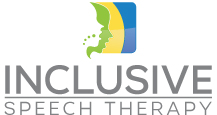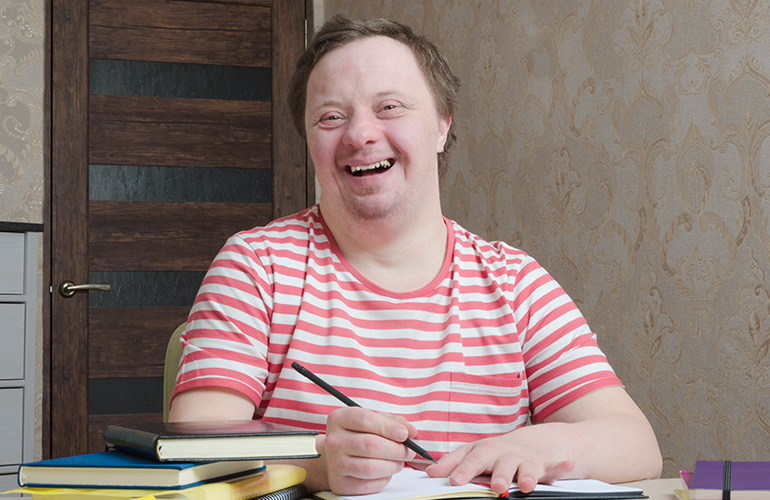Adult Speech Therapies
There is no stigma associated with seeking assistance with communication, pronunciation, comprehension or other aspects of speech. Here, we’ll discuss what speech therapy for adults is and how speech therapy for adults works.
How is speech therapy defined?
Speech therapy can take various forms, depending on the disease being treated and the desired outcome. Speech therapy benefits children and adults alike by assisting with speech, language, and social skills.
A person who would benefit from speech pathology may exhibit the following symptoms:
- Difficulty communicating properly
- Difficulty swallowing
- Problems connecting words and sentences
- Difficulties reading and writing
- Mouth dryness
- Speech impediments and stuttering
- Chronic painful throat or vocal cord pain
Kinds of Speech and Language Disorders
Apraxia is a condition that affects the brain. You may develop apraxia following a stroke, brain injury, or brain surgery. When the brain’s messages are interrupted, it can make speech difficult or impossible.
Dysarthria is also associated with a brain malfunction in which messages are received, but the brain area that controls the lips, face, tongue, and throat muscles are injured.
Aphasia is another brain condition. It is used to describe someone who has difficulty comprehending, speaking, reading, or writing. Language abilities are located on the left side of the brain, whereas attention and memory abilities are located on the right. Without the other, issues may arise that require the assistance of speech therapy.
Other problems may affect your larynx (voice box), causing symptoms such as hoarseness, polyps or nodules on the vocal cords, spasmodic dysphonia, another type of brain condition, or vocal cord paralysis.
Larynx problems are common in singers, actresses, public speakers, and those who frequently project their voices.
You may also choose to enroll in speech therapy for adults. Perhaps you wish to alter your accent to speak more effectively with individuals in a different nation.
How does speech therapy for adults work?
Adults can benefit from speech therapy in a variety of ways. Treatment options differ depending on the underlying cause of your speech problems and the desired outcome. Among them are the following:
- Target selection focuses on specific sounds that you may be having difficulty with. For instance, if you develop a lisp when pronouncing the letter “S,” your speech therapist may concentrate exclusively on those sounds. If you stutter, your speech therapist may identify the words or portion of a sentence causing the disturbance and work on those.
- Individual syllables are used as the context for speech activities in contextual utilisation. Breaking down words into more manageable components is frequently employed to assist individuals in relearning or solidifying word structures following a brain injury or degeneration.
- Contrast therapy employs pairs of words to demonstrate their distinctions. During contrast therapy, a speech therapist may use pairs such as “dough” and “display” or “beat” and “feet.” Although these terms are spelled differently, they have a similar pronunciation. Making distinctions between these pairs can aid in the treatment of specific speech and language disorders.
- Oral-motor therapy focuses on the facial and oral muscles to improve language and communication abilities. It is critical to strengthen and fine-tune the muscles of the jaw, lips, tongue, and throat, and speech therapists offer tools and exercises to assist.
Speech therapy benefits
In addition to improving oral and writing communication, speech therapy can help with a wide range of other abilities. This specialized therapy can help with the development of interpersonal relationships, brain development, as well as improve one’s general well-being.

